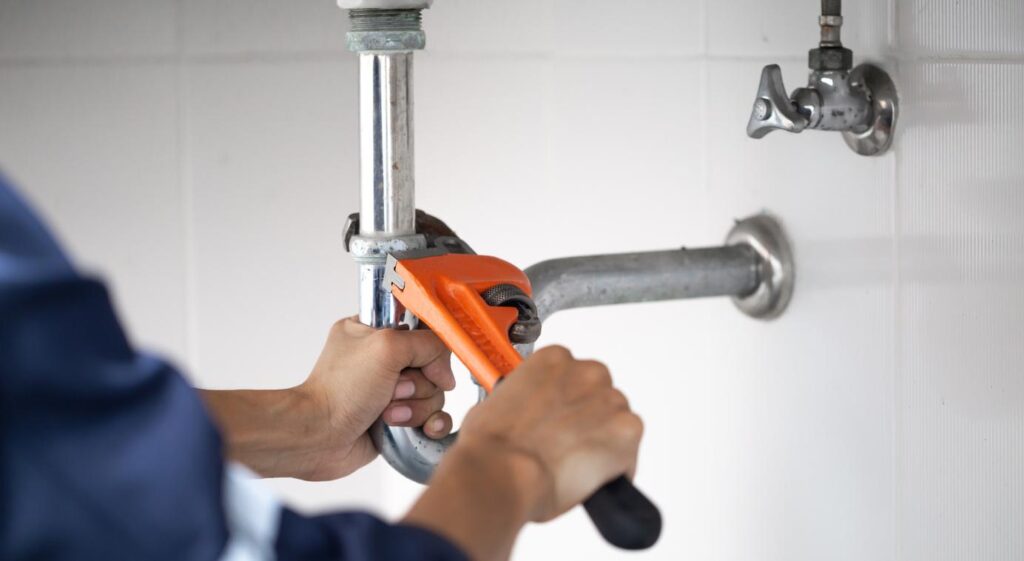A House Panel Advances Legislation Encouraging Telework at Agencies
The Dwelling Oversight and Reform Committee voted 23-17 on Wednesday to advance legislation aimed at strengthening the federal government’s tactic to telework to the House ground for thought.
The Telework Metrics and Expense Price savings Act (H.R. 7951), introduced by Reps. Gerry Connolly, D-Va., and John Sarbanes, D-Md., would require agencies to supply 30 days’ progress observe to Congress and the Business of Personnel Administration of any action that would reduce federal workers’ entry to telework, as properly as grow information selection on telework, certain its price tag and environmental rewards.
The bill also empowers OPM to produce expectations for the assortment and use of company telework information, build training for supervisors and professionals on telework-relevant troubles, and to publish new assistance on how organizations ought to regulate their telework programs.
Connolly argued that the legislation governing telework in the federal governing administration are in require of an update to integrate what companies figured out throughout the COVID-19 pandemic, and reported expanded long lasting telework packages would increase agencies’ continuity of functions and help recruit the following generation of federal employees.
“The pandemic will not very last without end, hopefully, and the federal federal government will not keep a pandemic-amount telework posture in perpetuity,” Connolly explained. “But we can not overlook the challenging classes that this pandemic has taught us. Improved have to have and desire for telework among the federal staff and the nationwide workforce need to and will persevere . . . To keep on being competitive, the federal govt has to retain up with the non-public sector. Telework will save dollars, allows recruit best talent, helps make environmental perception, and it assures a continuity of operations at organizations that households, companies, and veterans can depend on each and every working day.”
But Republicans on the committee argued that substantial quantities of federal personnel teleworking has led to improves in company backlogs at companies like the Social Security Administration, the Interior Profits Provider and the Veterans Affairs Department. As a substitute, they said, companies need to right away revert to pre-pandemic telework degrees until they can “prove” any boosts will only increase productivity.
“Our tactic delivers federal workers again to their places of work until eventually we realize and suitable the adverse results of expanded telework,” said Rep. James Comer, R-Ky., the committee’s position member. “The Biden administration, nonetheless, has doubled down on expanded telework without the need of fixing the dilemma. The administration’s precedence is to offer federal employees with a shiny new perk, not to boost agency mission general performance.”
Connolly responded by pointing out that Democrats identify that numerous federal work opportunities require in-human being work and argued that the problem of increasing backlogs in the course of the pandemic was not due to telework, but fairly since workforce were being unable to do those people work securely since of the transmission of COVID-19.
“The issues about some federal agencies not dealing with backlogs or not dealing with customers provider aren’t for the reason that of telework, they’re mainly because of one thing named COVID-19,” he explained. “People died. It’s a person issue to categorical concern about the operations of a federal agency, but when there was a invoice named the Chai Act, named soon after my constituent who died from COVID mainly because of a absence of protocols in the place of work, that invoice was blocked from [passing by] suspension [of the rules] on the floor by the other aspect of the aisle. You simply cannot have it both equally approaches: you simply cannot complain they’re not open and then do almost nothing about making positive they’re safe and sound.”
Rep. Andy Biggs, R-Ariz., proposed an modification that would have barred federal staff members who telework at the very least 3 times for each 7 days from obtaining locality pay.
“[For federal teleworkers whose offices are in Washington, D.C.], if they perform from household for 4 days a week, taxpayers are on the hook for as substantially as $40,000 for each year for every personnel even if the employee chooses to stay in a lessen cost aspect of the nation,” Biggs reported. “While bureaucrats are doing the job from house when the backlogs at their formal function web pages continue to pile up, we want to make certain taxpayers are receiving what they pay for.”
According to OPM advice printed final fall, teleworking federal workforce have to report to their conventional operate web-site at least two times for every pay back period in order to qualify for locality spend tied to that site’s region. Distant personnel, who do not commute to a classic agency facility on a regular basis, are continue to compensated locality pay out, though it is tied to their residence, not an company facility’s site.
Connolly was incensed by Biggs’ proposal, which he described as “punitive,” and decried the rhetoric underlying his argument.
“Even the language employed by my mate from Arizona is pejorative,” he explained. “‘They’re not truly functioning if they are not physically there. They’re bureaucrats, not community servants serving our constituents . . . I was the chairman of the Metropolitan Washington Council of Governments just after 9/11, and the Pentagon assault was the 2nd worst terrorist incident in American heritage. I missing constituents that day. We had to figure out what do you do, how do you preserve governing administration functioning when they can not go to work physically? And you know what the solution was: a vigorous telework application, and that was 22 yrs back. Are we retreating into the cave like none of this has transpired?”
Biggs’ amendment failed by a vote of 16-22. The bill now heads to the flooring for thought by the comprehensive Property.








